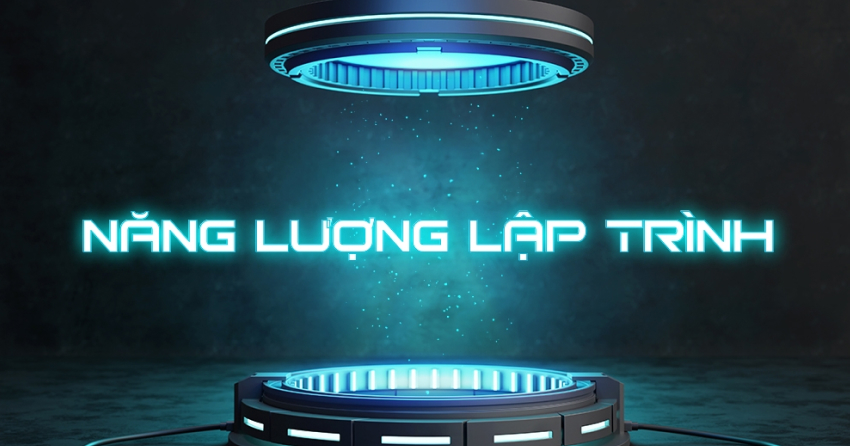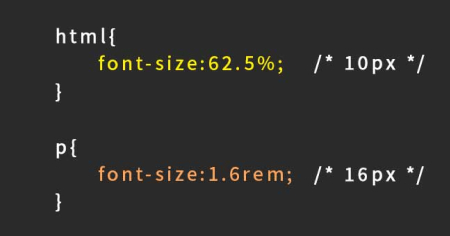Preserving Programming Energy: Strategies for Sustainable Success in Code Development
The field of programming is often perceived as a domain filled with inspiration, leading some to mistakenly believe that “inspiration” translates to “do it when you feel like it.” Personally, I have great respect for programmers who maintain their coding standards even in the final stages of a project. The real test of a project lies in overcoming challenges, not necessarily having “inspiration” at all times.
Or, have you ever found yourself enthusiastically coding at one point and then feeling completely disinterested at another?

It’s a matter related to “energy.”
Energy can be understood as something deeply embedded within, encompassing all that constitutes your “coding ability,” including factors such as health, passion, finances, family, and more. When any of these factors weaken, you might lose the desire to code.
Only you can sense your current energy level. Try closing your eyes and envisioning yourself as a phone battery—how much percentage is left?
Preserving Energy, the Key to Becoming a Successful Programmer.
Not only in programming but in all successful individuals I know, the ability to judiciously use their internal energy sources is a common trait.
A proficient programmer knows how to allocate energy and emotions properly, ensuring they have enough stamina to code and remain composed in resolving emerging issues, even towards the end of a project.
Everyone has emotions, but I’ve observed that some students working on projects wait until the last day to start, stay up too late in one night, and then wake up the next day with no desire to program anymore.
That is an excessive drain on energy. Think of each person as a water container; don’t pour out all the water at once. Pour it out slowly and continually replenish it.
To Preserve Energy, You Need to:
-
Always remember that you are preserving energy for the long haul; the project is still long, and you must overcome the challenges ahead, not just today.
-
Use a planned approach:
Allocate your energy and emotions wisely. If you have a project, start early, approach it seriously, but don’t let your energy levels drop too low, leading to discouragement.
- Supplement energy:
You can draw inspiration from yourself or those around you, such as colleagues, relatives, or family. Identify a passion for programming, even when faced with difficulties.
- Radiate energy to others:
No one wants to work with someone who drains all the energy from within them, appearing as if their energy is a depleted pump. Always maintain a cheerful demeanor and a relaxed spirit.
The road is long, and one only discovers the horse’s ability along the way; programming is not always brimming with “inspiration.” Skilled programmers are those who can persevere in a project until the end. Successful students are those who know how to distribute their work and emotions for effective learning.



